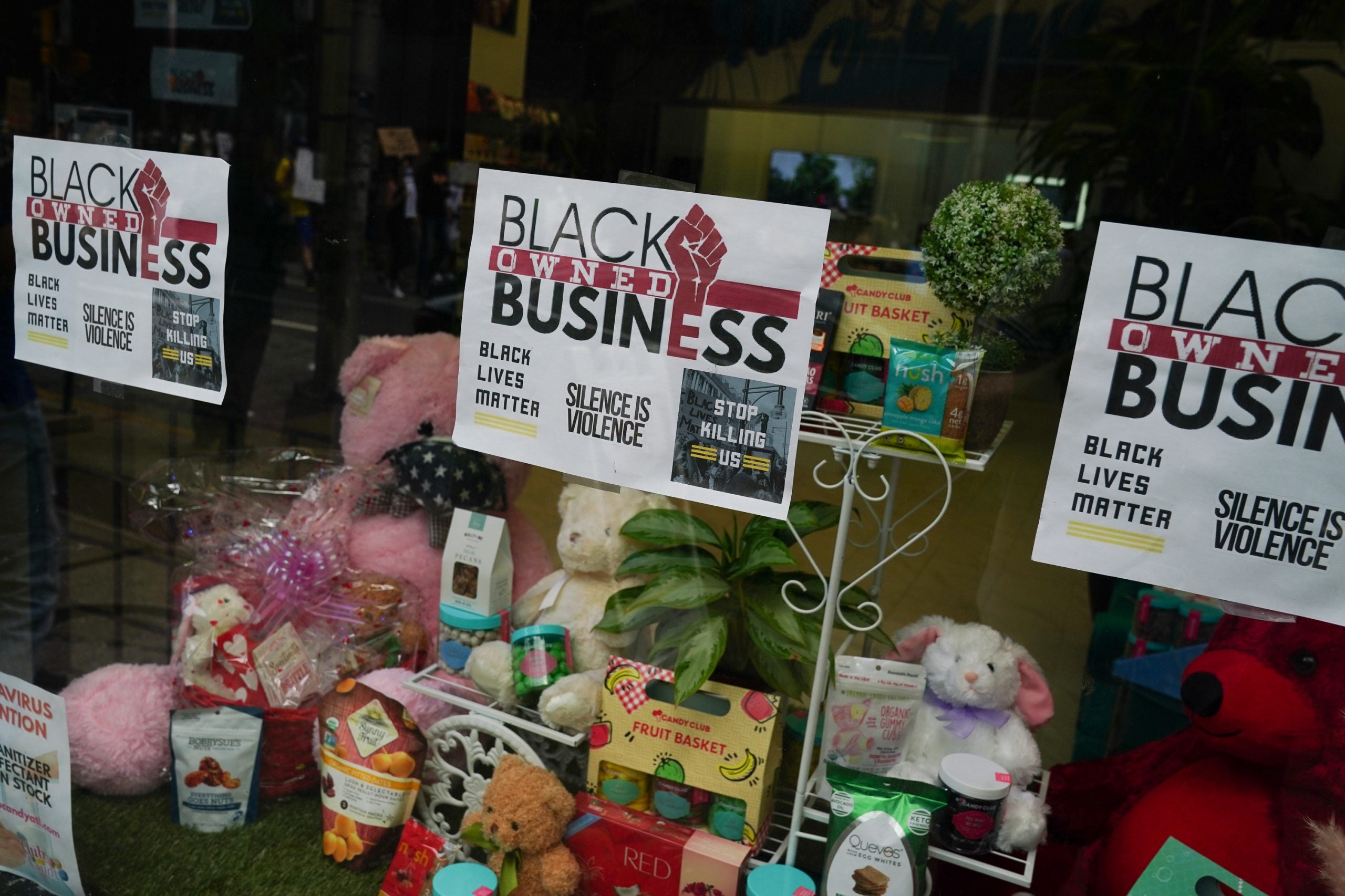
The Paycheck Protection Program (PPP) was designed to help keep small business employees on the payrolls during this economic downturn. It was supposed to help small businesses from going under and lift up workers across the country. Unfortunately, that’s not what we got here in South Carolina.
This program didn’t just fail here: South Carolina ranks fiftieth in the country in the amount of PPP loans granted per worker. That means more small businesses here didn’t receive the funding they need to weather this storm. It means more jobs were lost, and the health care benefits that go along with them. This failure helped contribute to South Carolina having its highest unemployment rate in state history.
And just like the virus has disproportionately hurt people of color, so has the economic pain. Experts estimate that roughly 95 percent of Black-owned businesses were effectively locked out of the PPP, in large part due to a lack of preexisting relationships with the large banks offering these loans. Some experts estimate as much as 40 percent of Black-owned businesses won’t survive the pandemic. That would be catastrophic for our state’s economy, in both rural and urban areas.
This should not have come as a surprise. It’s the design of the program: The larger the loan, the larger the fees earned by the bank. The result? Banks prioritized the biggest companies first, depleting the program’s resources before smaller and many Black-owned businesses on Main Street even had a chance to compete.
In other words, publicly traded companies got bigger—while too many smaller, Black-owned businesses suffered.
This is far from a new problem. Black business owners throughout America too often face bigger barriers to accessing capital. According to the Opportunity Fund, Black business owners applying for new funding have an approval rate almost 20 percent lower than their White counterparts. Even among businesses with good credit scores, 40 percent of minority–owned firms receive the full amount requested, compared with almost 70 percent of White-owned businesses.
I addressed this disparity in my Rural Hope Agenda. My plan strengthens federal programs that help new small businesses raise capital, and establishes “Rural Centers of Excellence” at our HBCUs, which will help connect young entrepreneurs with the know-how they need to drive growth and create jobs in their communities.
Lindsey Graham himself said that he wouldn’t leave Washington until an agreement was struck. Nevertheless, he is enjoying a four-week vacation after the PPP ran dry, along with the CARES Act’s eviction protections and federal unemployment relief.
Lindsey Graham and Congress need to get back to work, now. In the next iteration of the PPP, funds must be set aside for the small businesses with few employees—like a smokehouse in Bamberg County or a barbershop in Greenville—which cannot afford top-tier accountants and lawyers to get their loans but provide immense value to their communities. This would go a long way in making sure Black-owned businesses are a part of our nation’s economic recovery.
Our senior senator might not act like it, but South Carolina is still far from normal. Unemployment claims are ticking back up again as federal support has faded. The National Guard set up a medical tent outside my hometown hospital in Orangeburg, where over 90 percent of beds are occupied. And just last week, the county I live in recorded its highest daily case count since the pandemic began.
This time around, we can’t afford to leave our state’s smallest businesses behind again. We have to right this wrong and give Black-owned small businesses a fighting chance.
Jaime Harrison is a candidate for U.S. Senate in South Carolina.